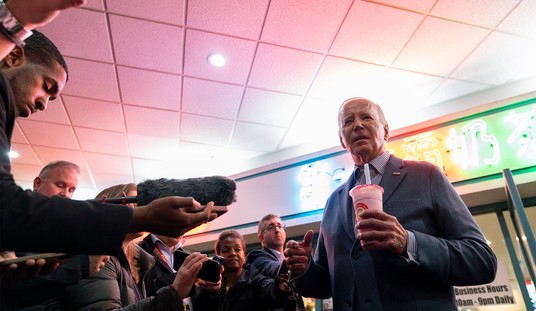Are you old enough to remember “the carefree days of childhood” or “a happy childhood”? Once upon a time these were common phrases, but you don’t hear them very often today. According to a recent study released by San Diego State University, there is a sharp generational rise in youth depression, anxiety, and mental disorders in the United States.
It’s hard to imagine a time in history when children were more coddled, indulged, or protected, and yet, according to this study, there are five to eight times as many young people suffering from major depression and anxiety today than a half-century ago. Obviously, children raised in the Depression era and World War II had very different lives. By all measures of today’s accepted parenting metrics these children should have been depressed or at least had anxiety issues. You certainly can’t say life was less stressful in the first half of the twentieth century. The increase in the safety and health of our children alone would bring some sort of stability by comparison, wouldn’t it?
Unfortunately, that’s not what is happening. In fact, our children have been on a downhill slide for decades.
Peter Gray is quick to point out in an article in Psychology Today that this most recent evidence indicating the rise in our young people’s depression and mental disorders has nothing to do with diagnostic changes. Gray offers parents hope with his clear insight into what children are missing–and it’s not what you would expect.
First Gray explains,
One thing we know about anxiety and depression is that they correlate significantly with people’s sense of control or lack of control over their own lives. People who believe that they are in charge of their own fate are less likely to become anxious or depressed than are those who believe that they are victims of circumstances beyond their control.
Your first thought might be, what kid has control over his own life? Well, I’ve seen a few and it’s not pretty. But that’s not what the author is talking about. Children shouldn’t have control over their own lives. They don’t get to choose whether or not they are going to school, whom they must associate with or what teacher they have. Realistically, there is very little that a child should have control over.
Except in his playtime. That is, if he ever gets to actually play. The startling fact is that too many parents have squeezed the free play time right out of their children’s lives.
In our quest to give our children the richest possible academic experiences at the earliest possible ages — playdates followed by organized sports and endless lessons — we’ve inadvertently taken one very important ingredient out of childhood: time to play completely on their own.
Children need time away from direct adult supervision and parental control. According to Gray, we are “depriving them of opportunities to learn how to take control of their own lives.”
We may think we are protecting them, but in fact we are diminishing their joy, diminishing their sense of self-control, preventing them from discovering and exploring the endeavors they would most love, and increasing the chance that they will suffer from anxiety, depression, and various other mental disorders.
It’s not hard to see how difficult this might be for good parents striving to do what’s best for their children by micro-managing every waking moment of their lives. But please don’t dismiss this. Children need creative time to explore their world as much as they need fresh air and sunshine.
Years ago I ran across this quote by Friedrich Froebel, the father of kindergarten.
A child who plays and works thoroughly, with perseverance, until physical fatigue forbids will surely be a thorough, determined person, capable of self-sacrifice.
Kindergarten was originally designed to nurture creative play, encouraging children to interact with nature and to sing and dance. Today kindergarten is where children learn herd behavior, to sit quietly and take turns. It is little more than an introduction to the constraints of the academic life they are entering. It is a training ground, which is far from its original design.
Children need the freedom to explore the world around them on their own — to look under rocks, capture butterflies, and allow their minds to wander freely. This has historically been the life of a child. It is how children have learned to take control of their own lives, at least in their own world of fantasy.
While playing, children actively control their games and they are in control of their lives. They can role play and dream. All these activities promote higher thinking skills and a sense of emotional security.
The argument could be made that we live in a different world now. There are predators and kidnappers–not to mention bullies and drug dealers. It is indeed a different world. But one thing hasn’t changed in all these years–children’s needs.
The fact that we are seeing an epidemic of mental disorders in children of all ages tells us that something is very, very wrong. To fix this there’s nothing to buy, and very little to change. In fact, that’s part of the beauty of it all. Our children can play and explore with very little parental interference. We don’t have to give them more; in reality, most of us need to give them less.
There is enough anxiety and depression to go around in the adult world for very real problems like divorce, job loss, and economic uncertainty, just to name a few. The good news is that these real-world problems don’t have to destroy childhood happiness or carry over and create childhood depression.
What this research shows us is that during the Great Depression, World War II, and the volatile decades of the 1960s and 70s, children had far less depression and anxiety than children and adolescents of today.
How is that good news?
It shows us that changes can come from within the child. How a child views the world has far more impact than how the world truly is. All parents, regardless of economic circumstances, can give their children the freedom to explore and play, creating an atmosphere that fosters emotional stability in an unstable world.
__________________
Images via Shutterstock









Join the conversation as a VIP Member